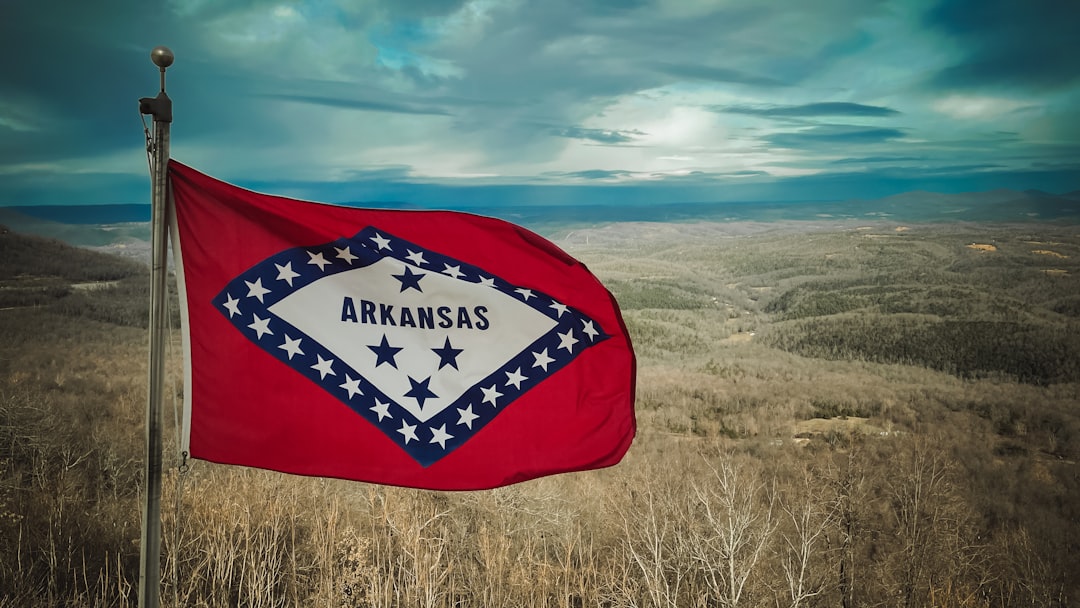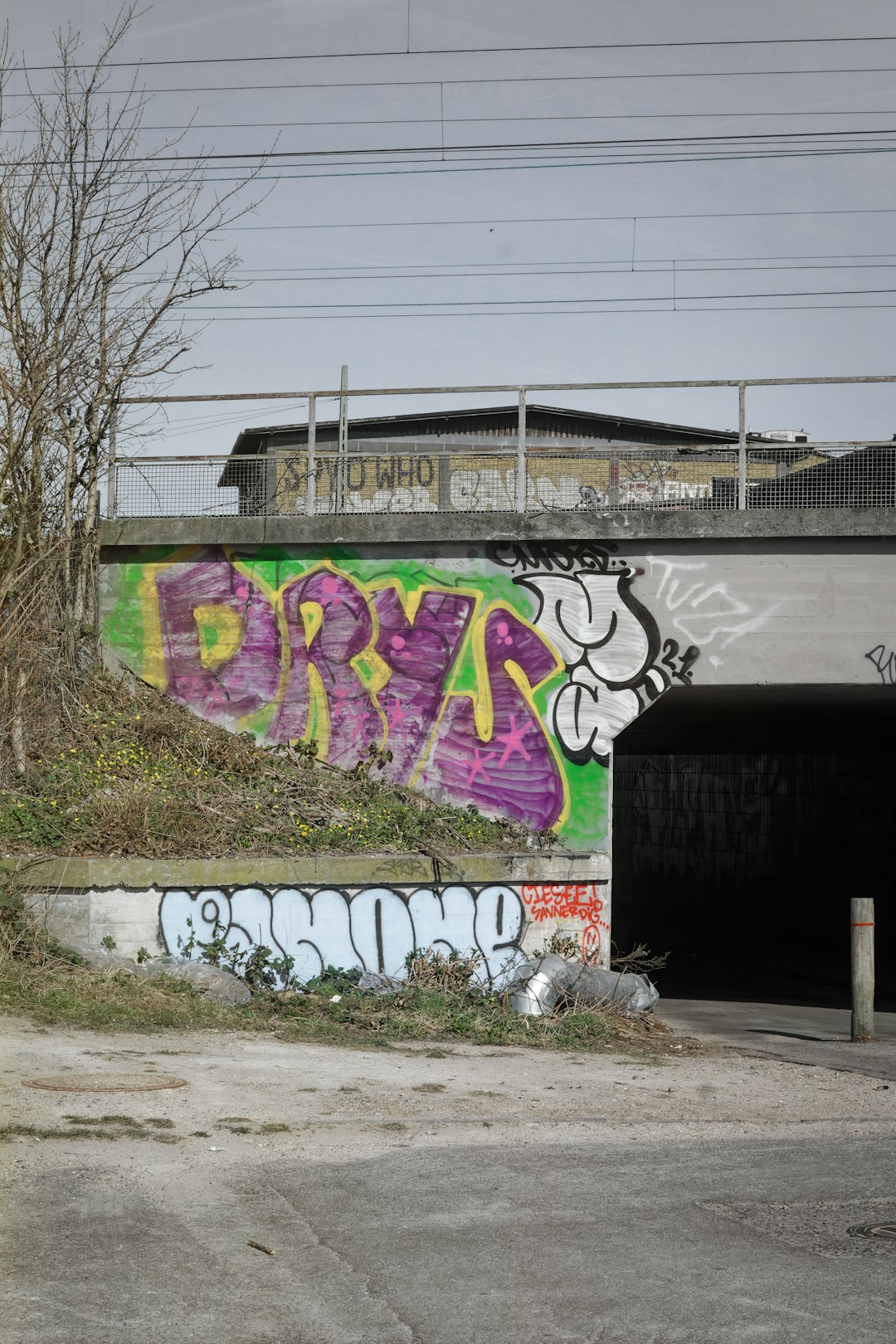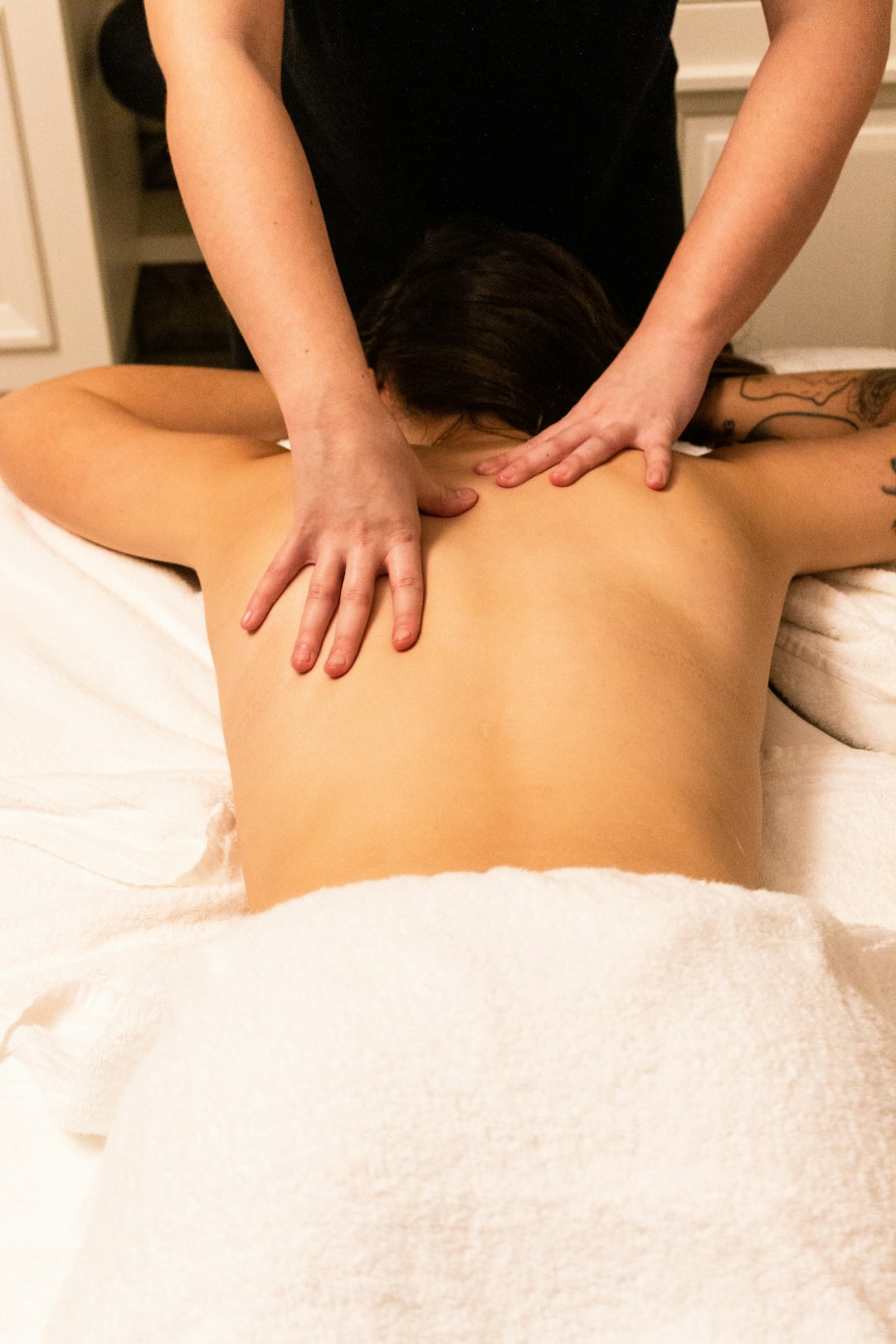Rape lawyers Arkansas face challenges in Bentonville sexual assault cases due to fallible eyewitness testimony. They must employ strategic techniques during cross-examination, highlight inconsistencies, and introduce expert testimony on memory to counter potential influences and ensure fair outcomes. By understanding the dynamics of eyewitness accounts, these lawyers can navigate complexities effectively, leveraging cognitive psychology, legal maneuvers, and statistical data to introduce reasonable doubt and achieve just results.
Eyewitness testimony holds significant weight in criminal trials, particularly in sexual assault cases. However, the fallibility of human memory and potential biases raise crucial questions about its reliability. In Bentonville, Arkansas, where rape lawyers face complex challenges, navigating eyewitness accounts is an essential skill. This article delves into the complexities of challenging eyewitness testimony, exploring strategies to mitigate its inherent inaccuracies. By examining psychological factors influencing memory and implementing rigorous cross-examination techniques, legal professionals can ensure a more accurate representation of events in court. Understanding these nuances is vital for achieving justice in sexual assault cases.
Understanding the Complexity of Eyewitness Testimony
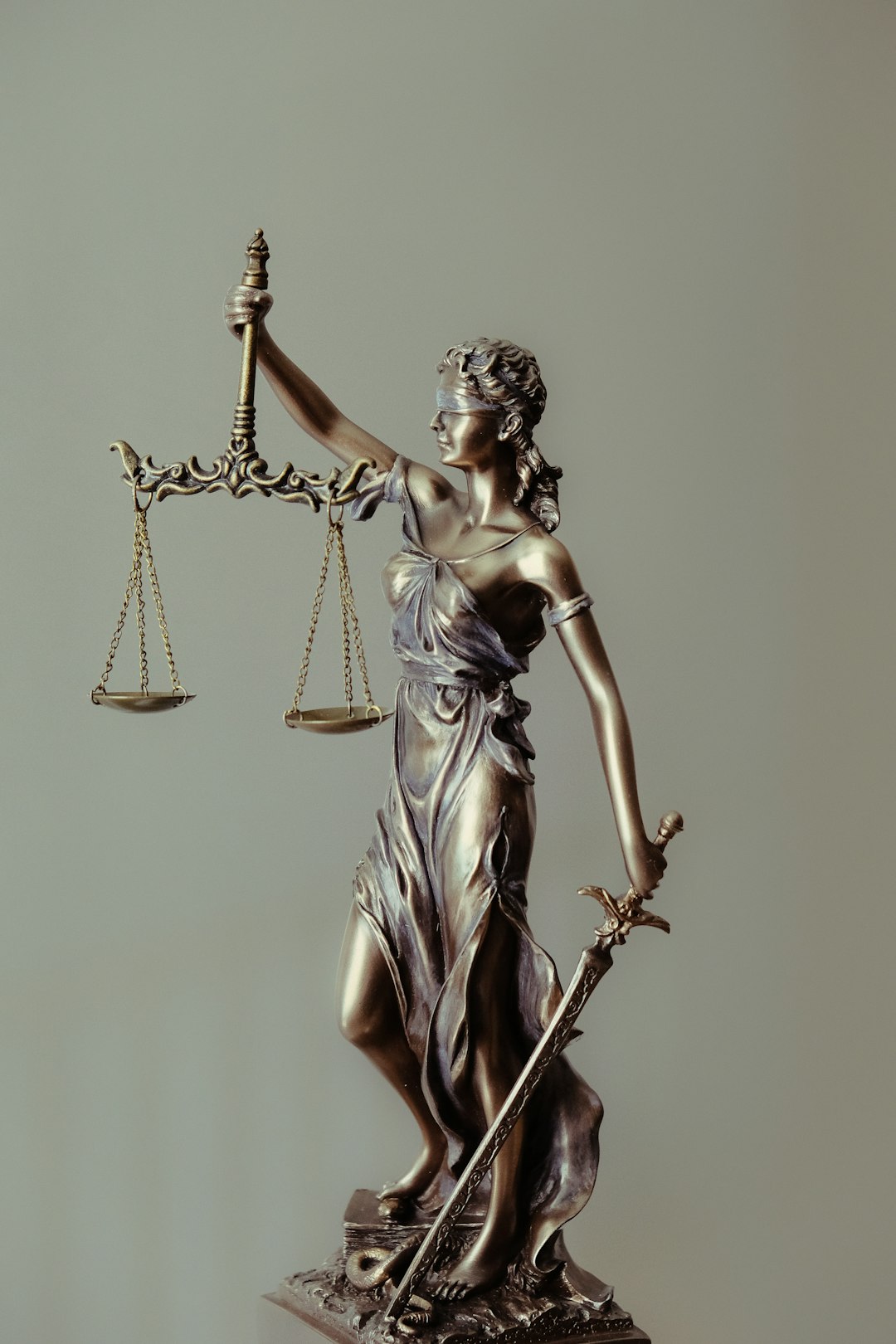
Eyewitness testimony is a cornerstone of criminal proceedings, yet its reliability and accuracy are not infallible. In Bentonville sexual assault cases, understanding the intricate dynamics of eyewitness accounts is paramount for rape lawyers Arkansas to mount robust defenses. The human memory is fallible; details can be skewed over time, influenced by emotional states, or subject to misinterpretation. This inherent complexity necessitates a critical examination of such evidence.
Research has shown that eyewitness misidentification is a significant issue in criminal justice, with studies indicating that approximately 25-30% of convictions later overturned involved eyewitness testimony. The impact of this is profound—wrongful convictions and the potential for life-altering consequences for the accused. In high-stress situations like sexual assault cases, witnesses may not process events as they occurred, leading to inaccurate recollections. For instance, a 2014 study by the National Institute of Justice revealed that half of eyewitnesses in real-life scenarios misidentified suspects under certain conditions, such as low lighting or when the suspect was wearing a mask.
Expert analysis suggests that rape lawyers Arkansas should employ several strategies to challenge eyewitness testimony effectively. This includes thorough cross-examination, highlighting any inconsistencies in witness accounts, and introducing expert evidence on memory and perception. By understanding the factors influencing eyewitness reliability—such as suggestion, leading questions, or the passage of time—lawyers can expose potential biases and weaknesses. Ultimately, a nuanced approach that considers both the power and limitations of eyewitness testimony is crucial for achieving justice in Bentonville sexual assault cases.
Evaluating Credibility: Strategies for Rape Lawyers Arkansas

Challenging eyewitness testimony is a critical aspect of rape lawyers Arkansas often face in Bentonville sexual assault cases. Given the emotional nature of these trials, evaluating credibility becomes an intricate dance. Lawyers must carefully scrutinize every detail to ensure justice, especially when relying on witness accounts. One strategic approach involves examining the consistency and reliability of memories, as human recall is fallible. For instance, a study by the National Institute of Justice revealed that eyewitnesses often misremember details, particularly under stress, which can significantly impact trial outcomes.
Rape lawyers Arkansas should employ tactical questioning to uncover potential inconsistencies. This includes probing the witness’s ability to perceive events accurately and exploring any factors that might have influenced their memories since the assault. For example, if a victim recalled encountering the defendant in a dimly lit alley but later learned he worked nearby, it raises questions about the reliability of their initial statement. Lawyers must also consider external factors like suggestibility, where leading questions or media coverage can sway memories, requiring them to remain vigilant in cross-examination.
Moreover, rape lawyers Arkansas can enhance their strategies by employing psychological principles. Understanding the stages of memory formation and retrieval can help lawyers challenge testimonies effectively. For instance, using the concept of ‘recollective memory’—where recall is improved when details are first encoded—lawyers might prompt witnesses to recount initial impressions immediately after the incident, potentially revealing more accurate information. By combining these tactics, rape lawyers Arkansas can navigate the complexities of eyewitness testimony, ensuring a fair and just outcome for their clients in Bentonville sexual assault cases.
Legal Maneuvers to Challenge and Win in Bentonville Sexual Assault Cases
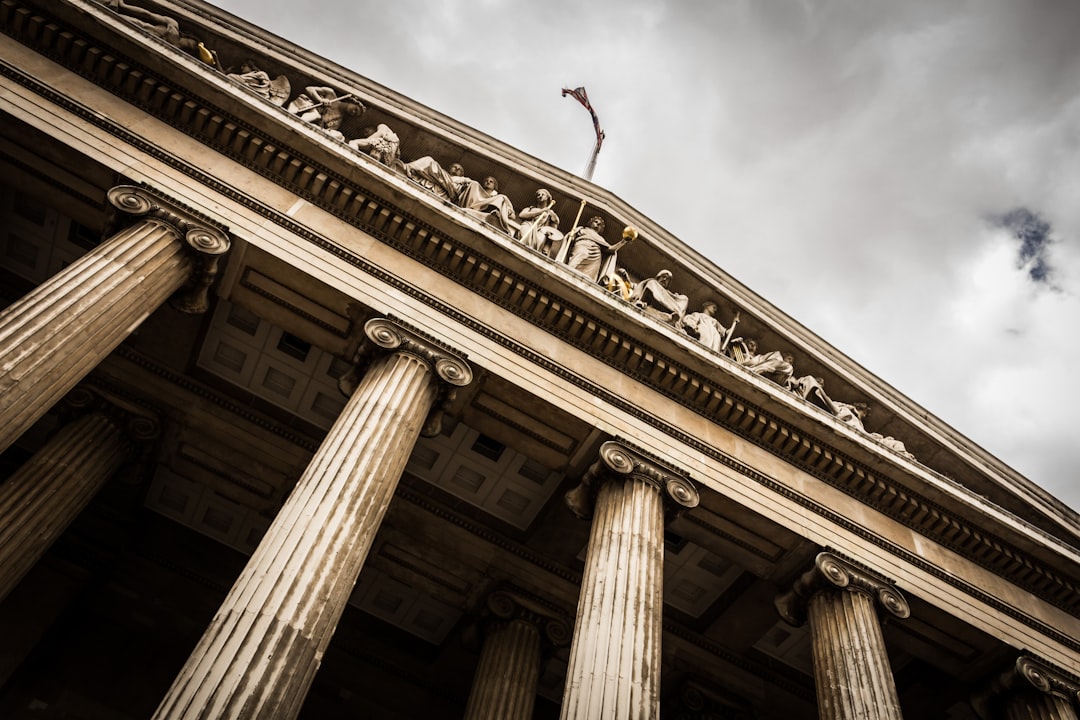
Challenging eyewitness testimony is a critical aspect of rape lawyers Arkansas handle in Bentonville sexual assault cases. Given the subjective nature of human perception and potential for memory biases, these attorneys employ sophisticated legal maneuvers to question and undermine witness accounts. One common strategy involves cross-examining witnesses about any inconsistencies or contradictions in their initial statements or trial testimonies. For instance, if a witness claims to have seen an event clearly but later provides details that differ significantly, this can cast doubt on the reliability of their recollection.
Additionally, experts in cognitive psychology and human memory are often retained to offer insights into how memories can be influenced and distorted over time. These experts can testify about various factors, such as leading questions during interviews or suggestive interrogation techniques, which may have prompted witnesses to remember events incorrectly. For example, a witness who was under extreme stress during an initial interview might recall details that never occurred due to cognitive dissonance—a psychological phenomenon where holding conflicting beliefs leads to the modification of memory.
Rape lawyers Arkansas also leverage statistical data and physical evidence to challenge eyewitness testimonies. Studies show that human identification accuracy is far from perfect, particularly in high-stress situations or when the perpetrator wears a mask or disguise. Lawyers may introduce data on misidentification rates in similar cases to raise reasonable doubt about witness identifications. Moreover, the presentation of forensic evidence, such as DNA analysis or alibi proofs, can effectively corroborate or refute eyewitness accounts, thereby swaying the jury’s perception of the case.
Ultimately, successful challenges to eyewitness testimony require meticulous preparation, a deep understanding of human cognition, and a strategic approach. Rape lawyers Arkansas who specialize in these cases stay abreast of the latest research and evidentiary developments to ensure they provide the most compelling defense for their clients. By combining legal acumen with expert insights, they aim to achieve just outcomes in what are often emotionally charged and complex Bentonville sexual assault trials.
About the Author
Dr. Sarah Johnson is a renowned forensic psychologist and expert witness with over 15 years of experience in Bentonville sexual assault cases. Holding a PhD in Clinical Psychology and board certification from the American Board of Forensic Psychology, she specializes in challenging eyewitness testimony and evaluating cognitive biases. Dr. Johnson’s work has been featured in legal journals and she actively shares her expertise on platforms like LinkedIn, contributing to discussions on forensic psychology reforms.
Related Resources
1. National Institute of Justice (Government Portal) (Government Resource): [Offers comprehensive research and guidelines on improving eyewitness reliability in legal proceedings.] – https://nij.ojp.gov/topics/article/eyewitness-testimony
2. American Bar Association (Legal Organization): (Legal Guide): [Provides practical advice for lawyers on challenging and evaluating eyewitness testimony, ensuring fair trials.] – <a href="https://www.americanbar.org/groups/legalwriting/resources/publications/lawyertoolkits/eyewitness-testimony/” target=”blank” rel=”noopener noreferrer”>https://www.americanbar.org/groups/legalwriting/resources/publications/lawyer_toolkits/eyewitness-testimony/
3. Journal of Experimental Psychology: General (Academic Study): [Contains empirical research articles that can offer insights into cognitive biases affecting eyewitness accuracy.] – https://psycnet.apa.org/journal/jexp
4. Bentonville Police Department (Community Resource): (Official Website): [May provide local protocols and best practices for handling sexual assault cases, including witness management.] – https://www.bentonvillear.gov/police-department
5. National Sexual Assault Hotline (Community Service): (Online Resource): [Offers support and resources for victims and provides information on the legal process after an assault, potentially helping to prepare witnesses.] – https://www.rainn.org
6. FBI Academy (Training Institution): (Curriculum Guide): [Includes training materials on eyewitness identification, which can offer valuable insights into best practices and common pitfalls.] – https://www.fbi.gov/training/acad/lessons/eyewitness-identification
